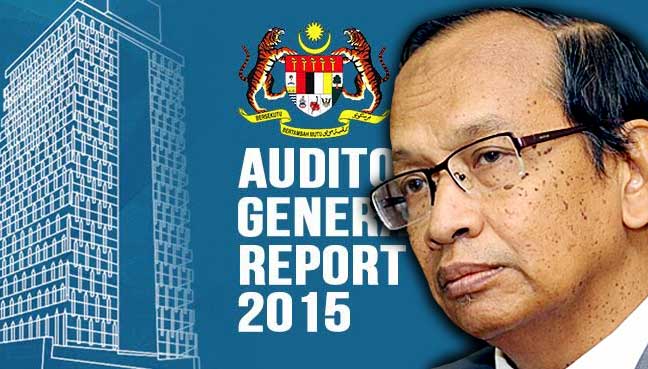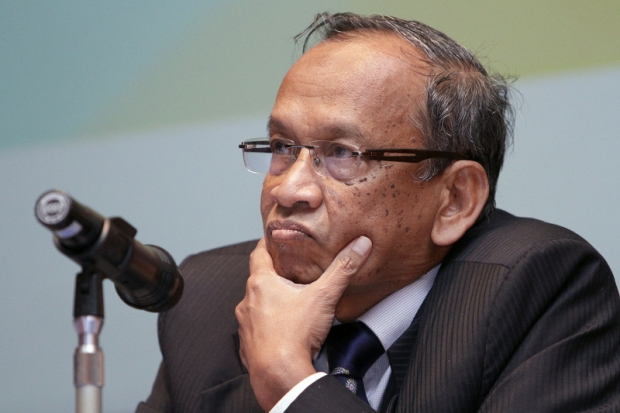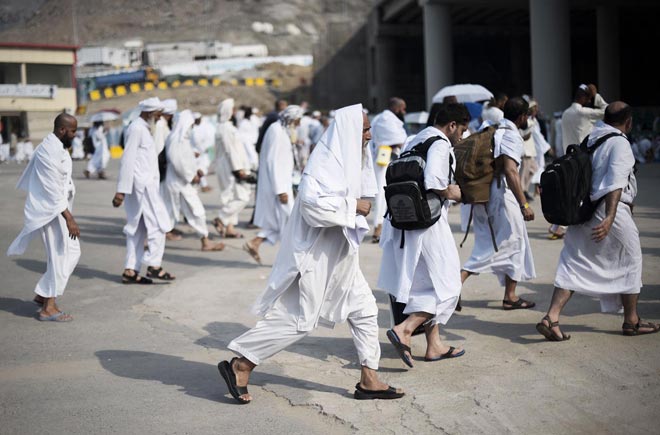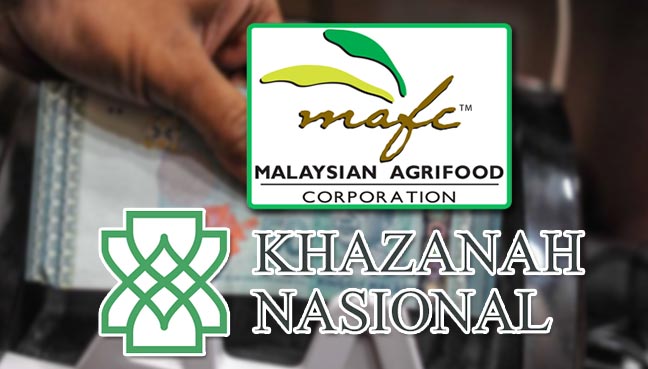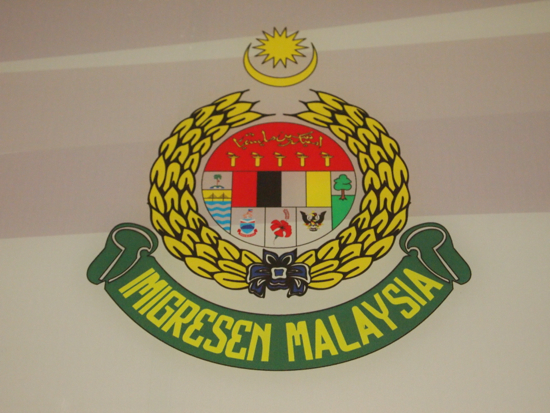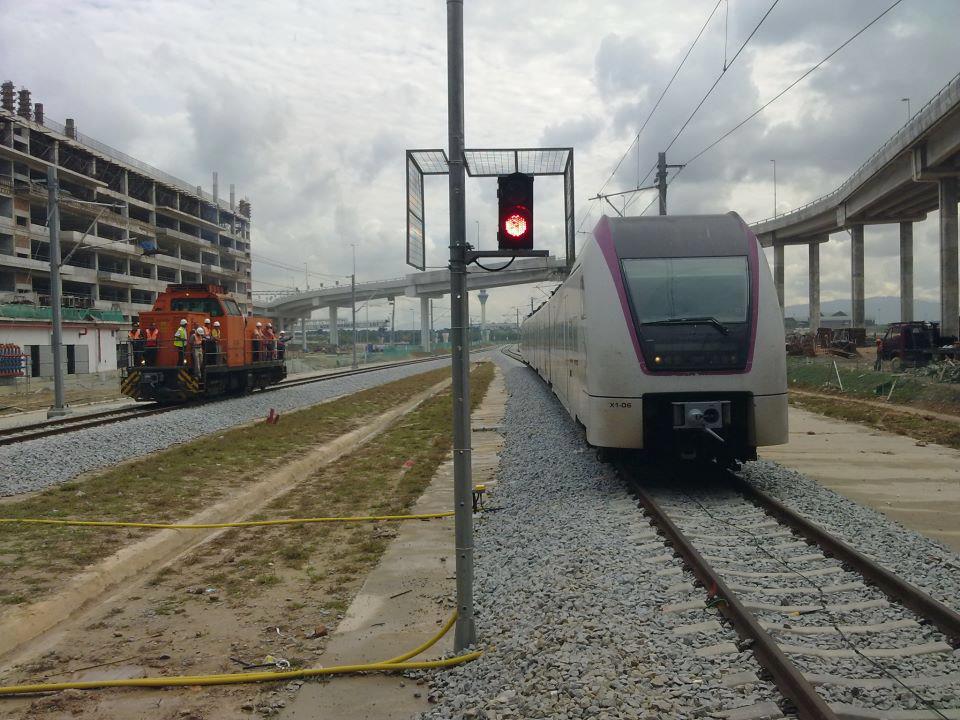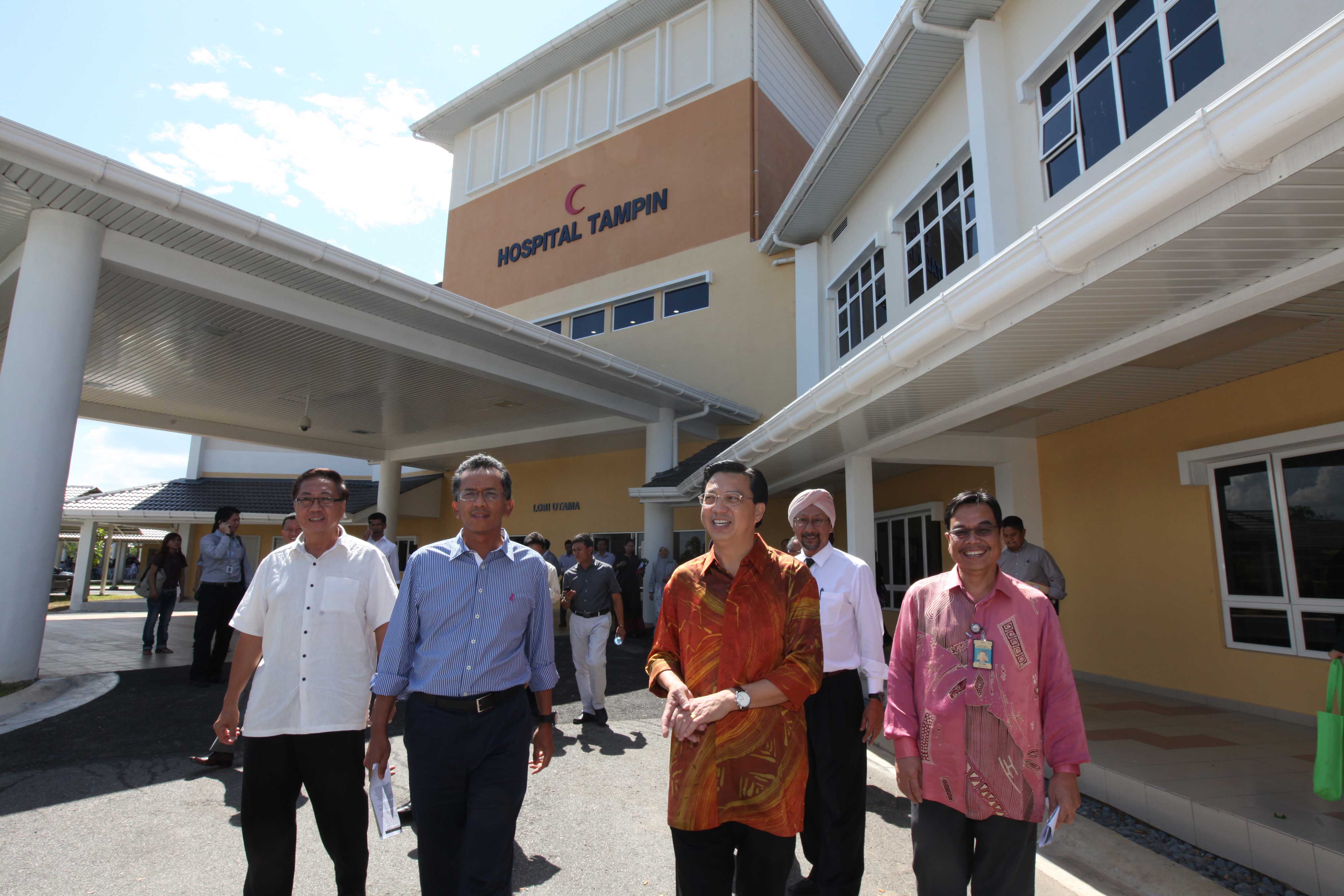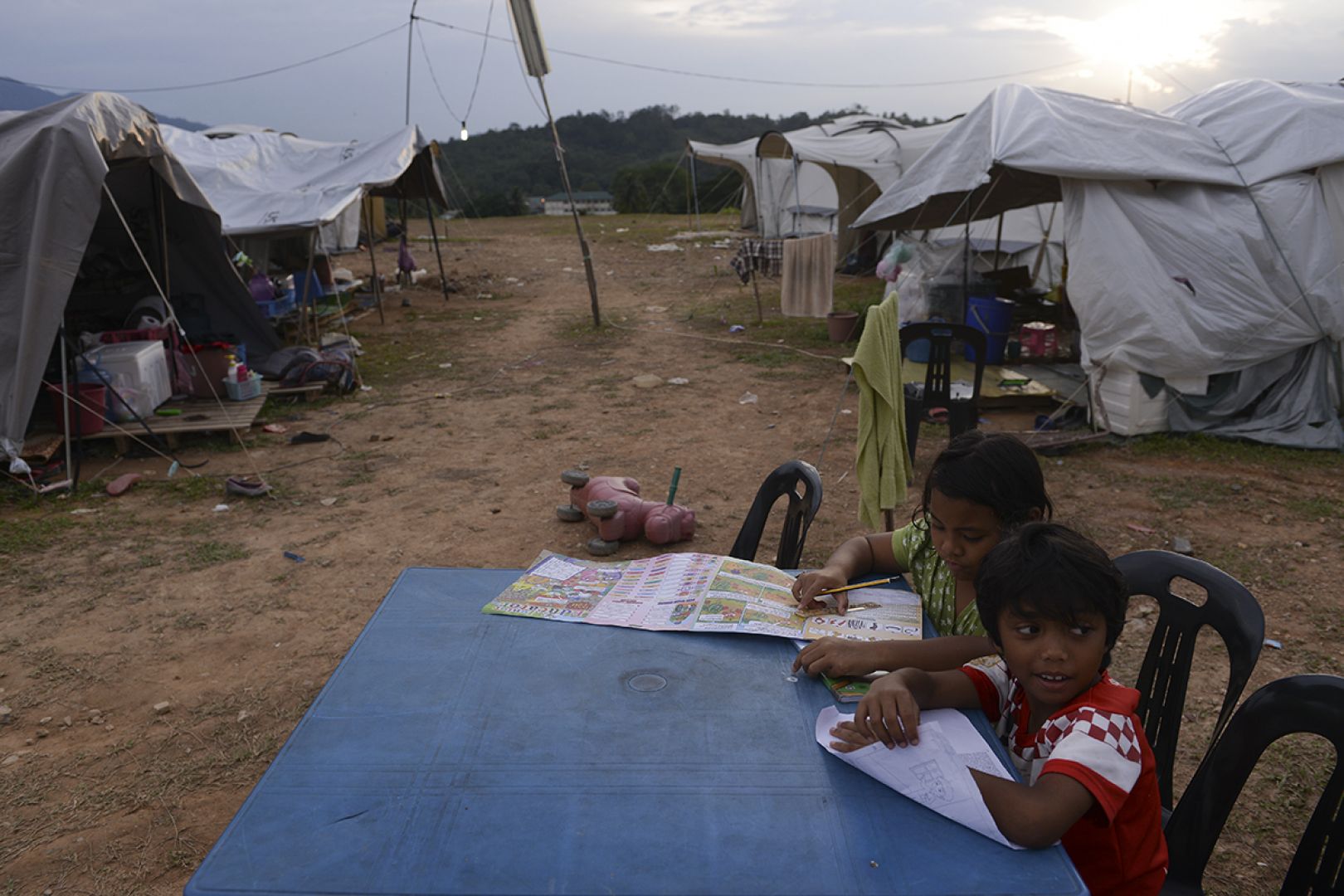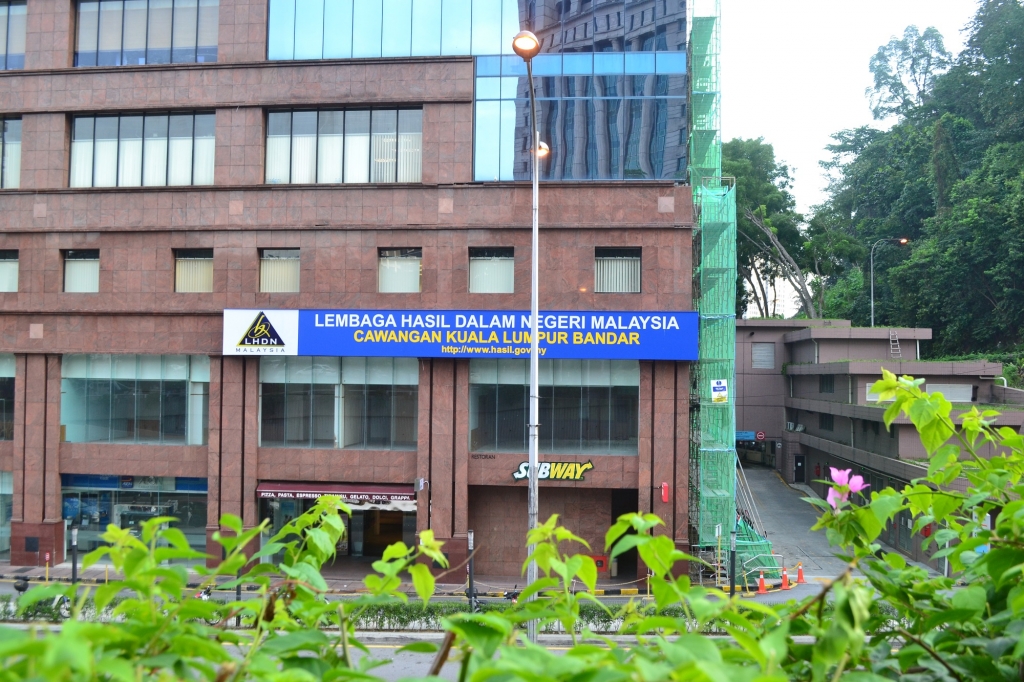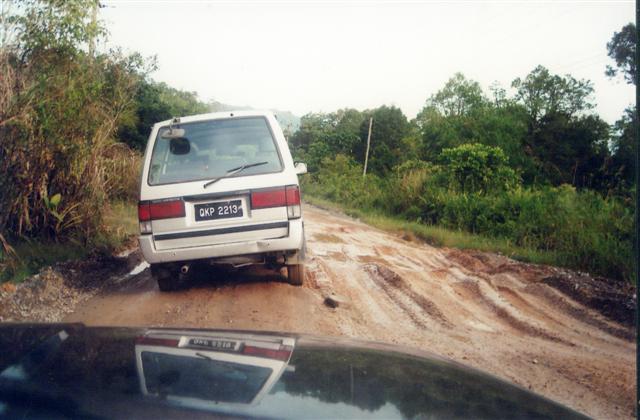AG Says Government "Excellent" Despite Wasting Billions Of Ringgit
More shocking revelations on the Malaysian government's management of funds and resources.
The First Series of the Auditor-General Report 2015 was released yesterday, 18 May
Auditor-General Tan Sri Ambrin Buang said 180 ministries, departments and federal government agencies received Excellent (5-star) ratings compared to only 114 in 2014.
Every year, the National Audit Department conducts performance audits aimed at assessing the extent of the government's activities and whether its projects were planned, implemented and monitored effectively and efficiently. It was also aimed to see the extent of which the main objectives of the programmes, activities and projects are achieved.
Ambrin said the audit was also conducted to assess the extent of public money spent, whether the expenditures were made prudently without extravagance and wastage, and whether it had benefits.
While Auditor-General Tan Sri Ambrin Buang has assured that the government's financial management is at an excellent level compared to last year, these revelations prove otherwise:
1. Lembaga Tabung Haji Berhad spent a total of RM3.87 million on 566 unoccupied beds for Haji pilgrims last year
"A total of 21,457 beds or 94.7 per cent were occupied from the 22,655 beds rented in the 10 pilgrims accommodation buildings.
Out of 21,457 beds, 20,492 were for the pilgrims and 965 were for Hajj officers and operational requirements. According to the Ministry of Hajj of Saudi Arabia, a total of 223 beds or 1 per cent of the original official quota of 22,320 could not be filled," the report said.
"LTH also set up a buffer of 409 beds for the needs of managing muassasah pilgrims. Consequently, there were 566 unoccupied beds or 2.5 per cent at a cost of RM3.87 million," it added.
"In addition, the conditions of the tents which were not properly assembled on Wukuf day might affect the comfort and safety of the pilgrims," the report said, adding that LTH should closely monitor the works carried out by the third parties and identify improvement methods for the next Hajj season.
2. 91 orthopaedic medical equipment worth RM1.69 million was purchased without the approval of the Implants and Prostheses Committee
Orthopaedic medical equipment valued at RM1.69 million were purchased by five hospitals without the necessary approval between 2013 to 2015, the first series of the Auditor-General’s (A-G) 2015 Report revealed today.
The five hospitals were Hospital Tengku Ampuan Afzan (HTAA), Kuantan; Hospital Tengku Ampuan Rahimah (HTAR), Klang; Hospital Sungai Buloh (HSB); Hospital Raja Permaisuri Bainun (HRPB), Ipoh; and Hospital Sultanah Bahiyah (HSBYH), Alor Setar.
The report, which was released this morning, also noted that 2,010 unused implants stock, valued at RM328,440 at HTAA and HSBY were still kept in the store unit of the Orthopaedic Operation Theatre.
The report also noted that the deposit payment for 876 External Fixator (EF) components valued at RM241,116, which were supposed to be paid before patients were discharged from the hospital, was not verified.
3. Government-linked company, Malaysian Agrifood Corporation Berhad’s (MAFC) has incurred losses up to RM447.84 million
The report also pointed out that MAFC, which is wholly-owned by Khazanah Nasional Berhad, had been in the red for three consecutive years between 2012 to 2014.
"The audit revealed that overall, the financial performance of MAFC was less satisfactory as the company recorded accumulated losses of RM447.84 million in 2014 and negative cash flow from its operation for three consecutive years from 2012 to 2014."
The report also noted that MAFC had no new distributors or retailers since 2012 and that only 10 per cent of a 195.3 hectare parcel of land in Bertam Valley, acquired at RM68.6 million, was being utilised.
At the time the audit was being conducted, the A-G also noted that three parcels of lease land in Lanchang were being left idle.
4. 147 out of 595 CCTV units in University Malaysia Sabah (UMS) does not work despite having spent RM247,388 on new ones
It added that 82 of the stated total units were existing CCTVs and the remaining 65 units, or 44.2 per cent, which cost RM247,388 (S$84,500), were newly-supplied.
Other highlighted weaknesses were procurements that were not conducted according to procedure.
It was discovered that two procurements - amounting to RM210,297 - were split into smaller amounts in order to avoid its procedures when obtaining quotations.
The total expenditure on procurement undertaken by UMS from 2013 to 2015 amounted to RM331.49 million.
5. The Malaysian Immigration Department spent a lump sum of RM10.3 million on unused biometric systems and equipment for the implementation of Malaysian Immigration System (myIMMs)
The Immigration Department settled a full payment of RM10.3 million (S$3.5 million) for unused biometric systems and equipment in its implementation of the Malaysian Immigration System (myIMMs), the 2015 Auditor-General's Report revealed.
The National Audit Department found several weaknesses in the planning, implementation, and monitoring of the myIMMs project, which is an online database of information installed across the Immigration Department's local and foreign offices.
The RM29.9 million project was awarded through direct negotiations to HeiTech Padu Berhad in late 2010 and approved by the Finance Ministry.
It also pointed out that a payment worth RM22.64 million was not supported by complete documentation.
6. Putrajaya's Express Rail Link extension project cost RM29 million more than the RM100 million approved by the Economic Council
The first series of the Auditor-General's Report 2015 revealed that the project cost of RM129 million presented by Express Rail Link Sdn Bhd (ERLSB) in Value Management (VM) lab exceeded the RM100 million approved by the Special Economic Council (EC).
"Thus, the objectives of VM for cost saving are not achieved. Compensation of RM2.9 billion claimed by ERLSB is yet to be finalised. The computation formula of compensation claimed does not benefit and protect the interest of the government," the report said.
"This project started on July 15,2011 and was scheduled to be completed by Oct 31, 2012. However, it was only completed on Sept 28, 2013," it revealed further.
"Price negotiations must be conducted to ensure that the government reaps best value for money." said the AG's report.
7. The newly built Tampin hospital that cost RM138.39 million is already riddled with wall cracks, dirty water and faulty facilities
The First Series of the A-G’s Report 2015 released today stated that the contractor for the project ― Fajarbaru Builders Sdn. Bhd (Fajarbaru) ― had failed to complete the project within three years since construction began in 2009, and that it was delayed for a further 150 days even after an initial 344-day extension was granted.
"Among poor qualities were wall construction works cracked up to 1,182 point around hospitals complex. Furthermore, unsuitable water tank‟s design resulted the existence of total coliform bacteria in water sample from Block A & B's water tank."
Fajarbaru was also held responsible for irregular payments pertaining to the hospital's biomedical and facility engineering maintenance services.
The project valued at RM138.39 million comprises the hospital's main building, nurses' hostel, employees' quarters and parking areas. The Health Ministry (KKM) is the project owner.
8. More than 500 people remain homeless due to the government's inability to complete 40% of new housing projects for the 2014 flood victims
This was revealed in the Auditor-General’s Report 2015, in which it was noted that the government had allocated RM246.73 million for the construction of new homes in 2015.
The homes were dubbed Rumah Kekal Baru (RKB), and costing RM55,000 each; not including repair works that were capped at RM10,000 per home.
The audit, however, reported that only 838 of the 1,395 (60%) homes were built as of March 2016. It cited several issues regarding the failure to complete the building of the homes, including land title problems and contractors abandoning the project.
"The total repairs cost the government RM247,443 while repairs to roofs unaffected by floods cost RM47,177," it read.
9. The Malaysian government has lost more than RM4 billion from companies that did not pay their taxes
It disclosed that of the RM8.224 billion total tax arrears for 2014, companies tax arrears amounted to RM4.365 billion (53.08%).
Following an audit on the Cheras, Wangsa Maju, and Large Taxpayer branches, it was found that the management of civil suits taken by the Inland Revenue Board (IRB) towards these companies was less than satisfactory, including non-compliance of work procedures.
"These include delay in registering 140 out of 312 summons (44.9%) in court amounting to RM113.94 million, delay in delivering 108 out of 312 summons (34.6%) to companies amounting to RM95.5 million, and no action taken after judgement was obtained in 29 cases, amounting to RM12.44 million.
"No action was taken towards seven companies which were unable to obey the tax installment amounting to RM634,810 and submission of bad cheques for tax installments amounting to RM941,763," it added.
10. The Defence Ministry has spent RM253 million on 11 Sarawak development projects that the AG's report has deemed unsatisfactory and incomplete
The report stated that in eight of the 11 Jiwa Murni Projects (JMP), which is a collaborative effort between the Malaysian Armed Forces (ATM), the Royal Armed Engineers Regiment (RAJD) and companies selected by the government, defective roads were built and were not given proper maintenance.
"Quality of work was less satisfactory. Road shoulders and drains were not built, potholes, uneven and muddy road surfaces in certain stretches of the Road project from Pekan Belaga to Mejawah, Belaga; Road project from Long Lopeng to Ba‟kelalan, Lawas and Road project from Miri to Marudi," the report said.
"Road maintenance was less satisfactory. Faded road lines; and untrimmed wild plants and grass along road shoulders," the report added.
National newswire Bernama reported deputy prime minister Datuk Seri Dr Ahmad Zahid Hamidi as saying last month that RM743 million had been allocated to the JMP to build more roads in the rural areas of Sarawak.
